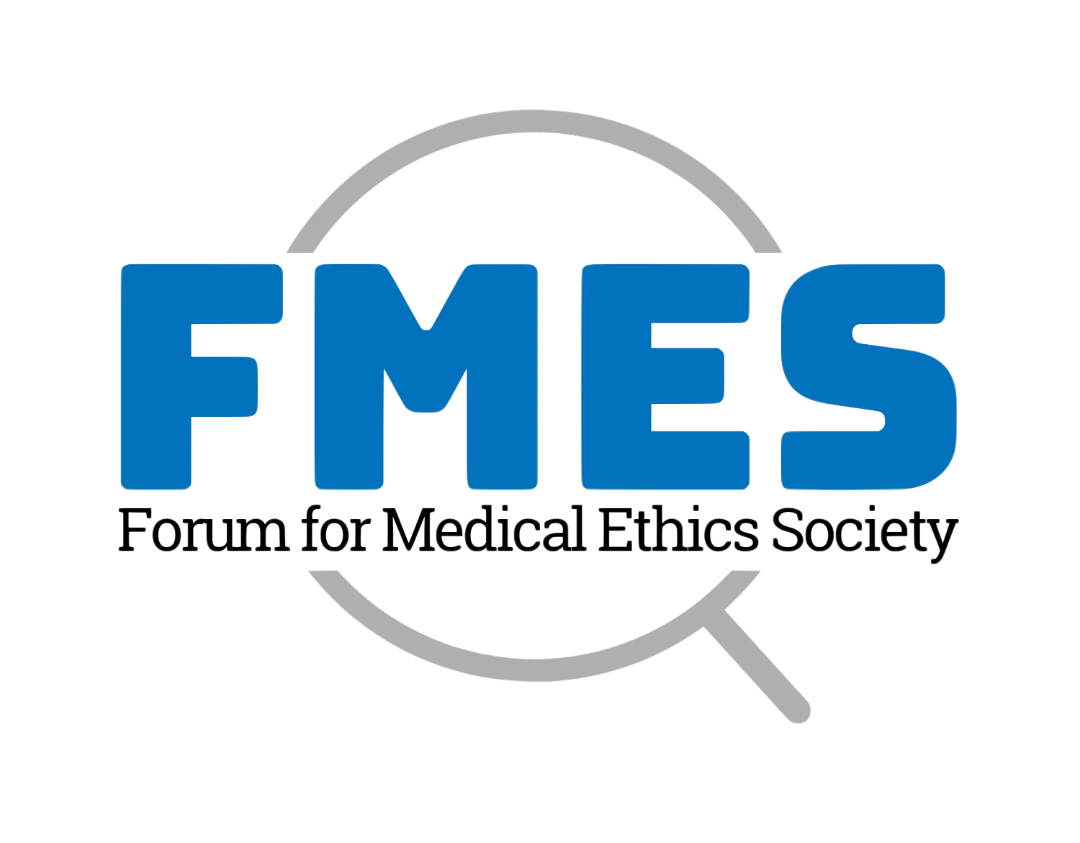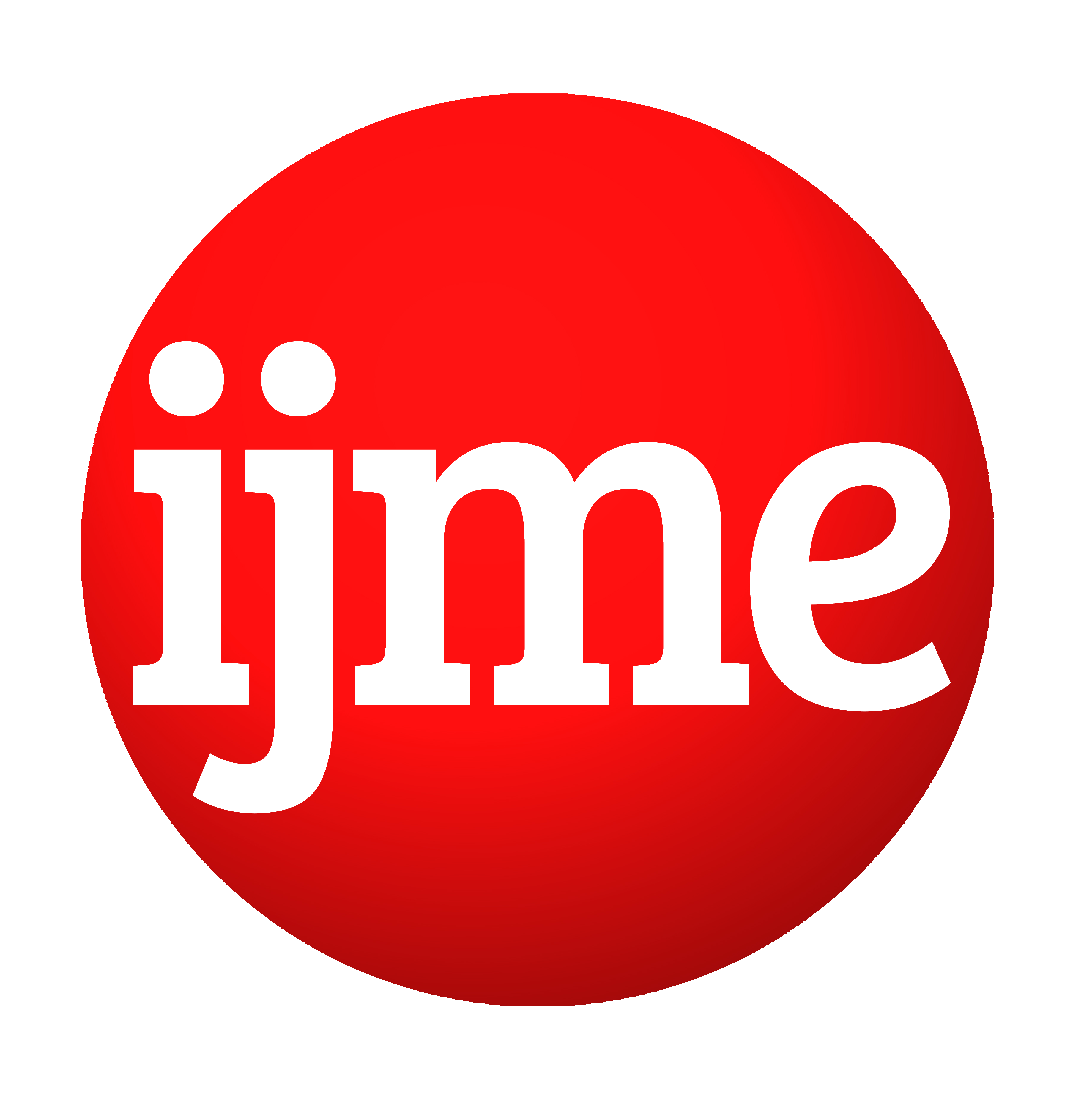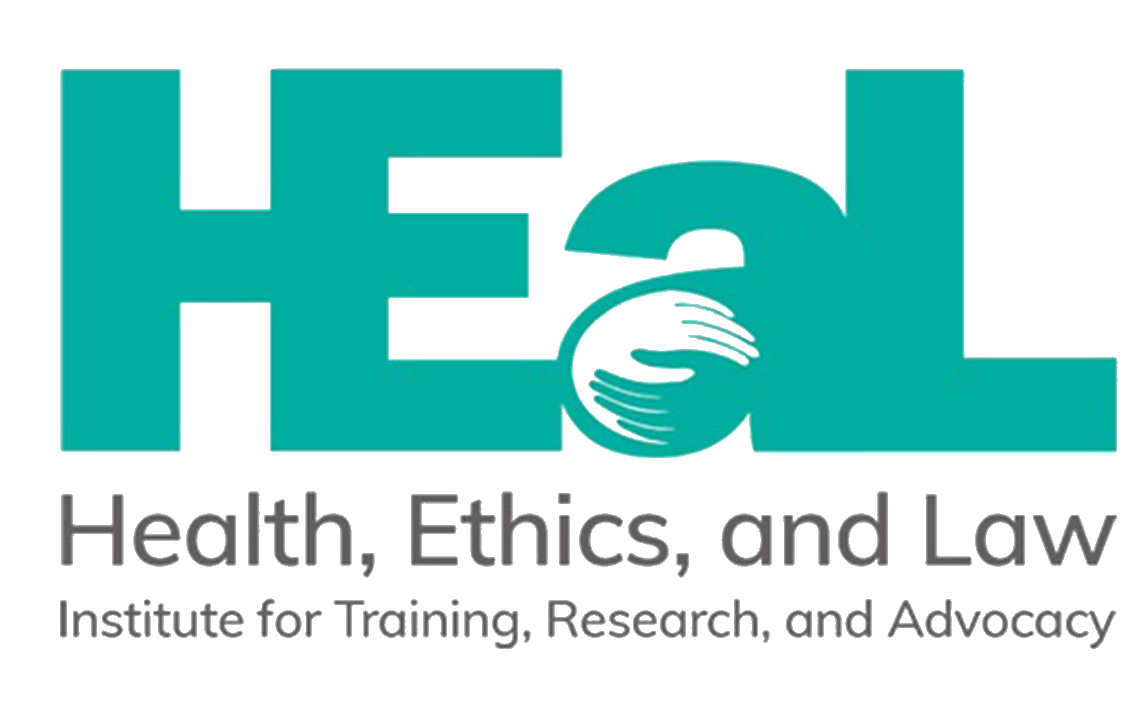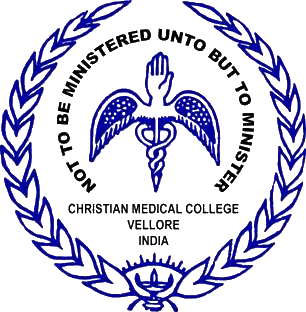Artificial Intelligence in Health Care: Ethics, Law and Human Rights Matters
Background: India has made significant strides in the field of healthcare in recent years by leveraging the prowess of Artificial Intelligence (AI) technology. According to a report by the National Association of Software and Service Companies (NASSCOM), the growth potential of the Indian healthcare market in the AI sector is rapidly accelerating, with projections estimating $102.7 billion by 2028, from its current size of $14.6 billion. Recognizing the significant growth potential of AI and the increasing demand for equitable health coverage across the nation, the Government of India aims to make this sector self-reliant, aligning it with global standards. This vision seeks to broaden access to healthcare, making it more affordable and accessible for all.
AI plays a crucial role in healthcare, significantly advancing the United Nations' Sustainable Development Goal 3 (SDG3); Good health and well-being. AI technologies are transforming healthcare practices, enhancing early disease detection and enabling personalized treatment strategies, which result in
more accurate diagnoses and timely interventions. Furthermore, AI-driven predictive analytics improves public health surveillance by effectively disseminating health information to forecast disease outbreaks. Innovations in healthcare with the proliferation of AI; whether in diagnostics, therapeutic interventions, assistive devices, or software development for medical imaging frequently faces regulatory hurdles, creating significant ethical and legal challenges in the fast-evolving global economy post-COVID. Additionally, as highlighted in the NITI Aayog's National Strategy for Artificial Intelligence, there is a shortage of qualified healthcare professionals.
Understanding this pressing need, leading technical and medical institutions like IIT Madras and CMC Vellore in collaboration with the Health, Ethics and Law (HEaL) Institute, Mumbai have initiated a concerted effort to train aspiring engineers, developers, innovators, medical researchers and healthcare professionals in the emerging area of AI technology in healthcare. In this proposal, the organizers plan to hold a national-level hands-on workshop focused on bioethics, policymaking, human rights and the laws and regulatory guidelines for AI in healthcare.
Rationale: Healthcare and AI technologies are advancing rapidly, bringing new ethical challenges, laws and human rights considerations. AI in health heavily relies on data from human participants, raising concerns about safety, biases, data management, interpretation, autonomy, data sharing and confidentiality. Integrating AI into healthcare offers potential solutions to significant issues such as preventive treatments, diagnosis, clinical decision- making, public health monitoring, complex data analysis and disease outcome predictions. However, it is crucial to ensure the safe and effective development and deployment of AI technologies in biomedical research and healthcare delivery. Thus, understanding the ethical and legal regulations surrounding AI in human healthcare is essential. Moreover, equipping stakeholders with the knowledge and tools to navigate this rapidly changing landscape is vital. By fostering awareness, collaboration and ethical practices, the workshop can contribute significantly to the responsible advancement of AI in healthcare.
Aim & Objectives: The aim of this workshop is to expose the participants to the principles of ethics, law and human rights in AI driven healthcare setting in accordance with the “National ethical guidelines for application of Artificial Intelligence in biomedical research and health care (2023)”.
- To provide participants with a comprehensive overview of current AI technologies in healthcare, including their benefits and potential challenges.
- To empower participants with the knowledge and tools needed to navigate the regulatory landscape effectively, ensuring patient safety using AI applications.
- To familiarize attendees with the key regulatory bodies, existing guidelines and legal frameworks governing AI in healthcare in India.
- To educate participants on data protection regulations, including the Personal Data Protection Bill, and best practices for ensuring patient data security in AI applications.
- To facilitate discussions on ethical issues related to AI in healthcare, such as bias, transparency and accountability, to promote responsible use of technology.
Scope: The regulatory landscape for AI in healthcare is dynamic and multifaceted, encompassing ethical considerations, data governance, risk management and ongoing collaboration among various stakeholders. The broadest scope of this workshop is
- to create a common understanding, identify challenges, gaps, opportunities, collaborations and to inform the development of regulatory frameworks in public health sector as per the goals of the Department of Health Research, Govt. of India.
- to develop recommendations to improve standards, coordination and governance seeking to assure stakeholders that AI-enabled systems can meet expectations of safety, quality, responsibility and risks.
- to promote an ongoing dialogue among participants about the regulatory updates and best practices, ensuring they remain informed in a rapidly evolving landscape.





